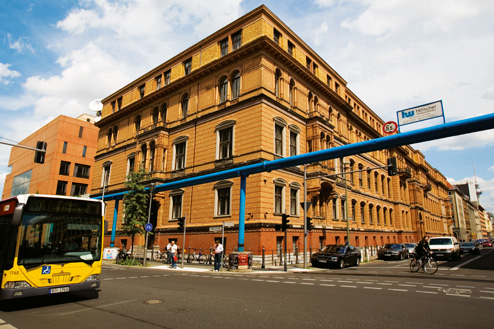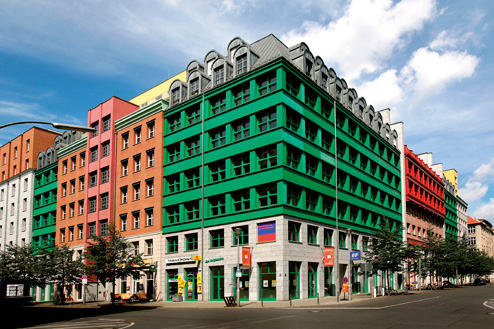Adoption
Adoption within Germany is rare and a quick look at the regulatory hurdles makes it easy to understand why. Would-be parents need to find a government-approved adoption agency and then receive official clearance before adopting. This approval includes a medical exam, as well as a review by the local child services office, known as the Jugendamt. Couples must also have been married and lived together for three years. In addition, would-be parents must prove they have stable jobs and enough room at home for a child. Same-sex couples are prohibited from adoption unless it involves a step-child. Additionally, parents must also be between 25 and 35 years old. It’s a long process that requires documents being translated into German. Once the hurdles are passed and the couple are granted a child, they are considered to be foster parents for up to two years until the Jugendamt gives its final approval. If you hope to go the official route, check in with the Berlin-Brandenburg central adoption office, or Zentrale Adoptionsstelle Berlin-Brandenburg (0338 701828). It’s located in Bernau, about a half an hour north of Berlin.
Since Germany recognises most foreign adoption laws, it’s no wonder such adoptions are gaining in popularity. However, before you adopt abroad, do plenty of research. Germany belongs to the Hague Convention on Intercountry Adoption and you cannot adopt a child from a country that has also joined the treaty without going through the German process. If you wish to circumvent the German system, you’ll have to adopt from a country that has yet to accept the treaty – Russia and the Ukraine, for example, are not part of the treaty; China and India, however, are. If you bring a child in from one of the treaty countries without going through Germany’s official process, it’s likely it will be taken from you.
Since Germany recognises most foreign adoption laws, it’s no wonder such adoptions are gaining in popularity. However, before you adopt abroad, do plenty of research. Germany belongs to the Hague Convention on Intercountry Adoption and you cannot adopt a child from a country that has also joined the treaty without going through the German process. If you wish to circumvent the German system, you’ll have to adopt from a country that has yet to accept the treaty – Russia and the Ukraine, for example, are not part of the treaty; China and India, however, are. If you bring a child in from one of the treaty countries without going through Germany’s official process, it’s likely it will be taken from you.













